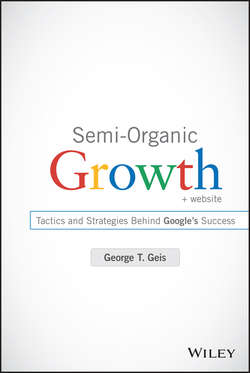Читать книгу Semi-Organic Growth - Geis George T. - Страница 6
На сайте Литреса книга снята с продажи.
Chapter 1
M&A Success and Failure
ОглавлениеKonrad Lorenz's classic experiment with graylag geese captures the attention of many college freshman enrolled in an introductory psychology class. Lorenz found that geese would imprint on the first movable object within a critical period occurring 13 to 16 hours after hatching. It didn't matter whether the “parent” object was Lorenz's boots or a box placed on a toy train moving around a circular track.
Imprinting involves phase-sensitive learning whereby an animal or person establishes a pattern of attachment to another animate or inanimate object. Business ventures can also experience imprinting events during the early stages of development.
The notion that a corporation's early experiences can have lasting impact on future development has long been noted.1 A firm commonly experiences an inertial impulse very early in its history that persists for a significant duration.2 This initial organizational experience can involve corporate development activity. For example, Milanov and Fernhaber presented evidence that the initial alliance experiences of a venture affect future alliance formation patterns.3
Similarly, the acquisition of Applied Semantics early in Google's history (before going public in 2004) imprinted upon the company not only a proclivity to do mergers and acquisitions (M&A), but also to favor a certain style of M&A activity. Indeed, over its relatively brief corporate history, Google has acquired some 200 companies. In addition, Google has enjoyed an unusual degree of achievement in its dominant style of M&A activity, in 2012 asserting success in two-thirds of purchases,4 significantly higher than commonly cited acquisition statistics.
However, before we examine strategies and tactics that Google has employed in its transactions, let's examine how M&A performance has traditionally been measured, as well as some of the most common reasons for M&A failure and success.
1
See Stinchcombe (1965).
2
Boeker (1989).
3
Milanov and Fernhaber (2009).
4
See, for example, Matt Lynley, “Google's M&A Boss: with Larry Page in Charge, Only a Third of Our Acquisitions Are Busts,” Business Insider (March 6, 2012).
